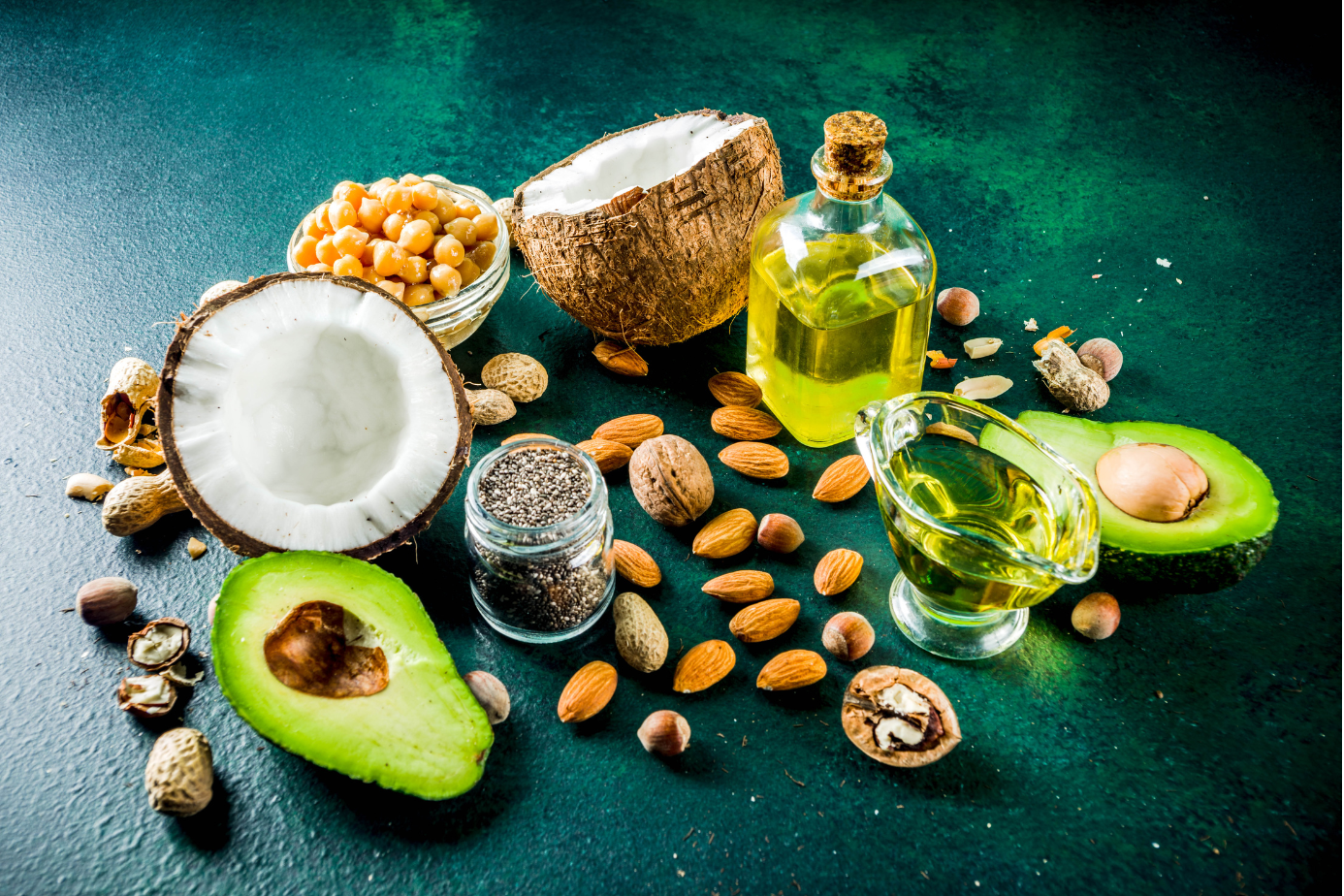Understanding Macros: Protein, Carbs and Fats
When it comes to achieving your fitness aspirations, understanding the role of macronutrients is essential. Macros, short for macronutrients, are the fundamental components of your diet that provide energy and support various bodily functions. In this blog post, we’ll break down the key macronutrients – protein, carbohydrates, and fats – and explore how each plays a crucial role in fueling your fitness journey.
Protein: The Building Blocks of Strength
Protein is the cornerstone of muscle growth, repair, and maintenance. Whether you’re aiming to build lean muscle mass or support recovery after intense workouts, protein is your ally. Here’s what you need to know about this essential macronutrient:
Role: Protein provides the amino acids your body needs to repair and build tissues, including muscles. It supports immune function, hormone production, and enzyme activity.
Sources: Lean meats, poultry, fish, eggs, dairy products, legumes, tofu, quinoa, and nuts are excellent sources of protein.
Fitness Benefits: Consuming an adequate amount of protein helps prevent muscle breakdown, promotes muscle growth, and supports post-workout recovery.

Carbohydrates: The Energy Powerhouses
Carbohydrates are your body’s primary source of energy. They fuel your workouts, help maintain blood sugar levels, and support brain function. Here’s what you should know about carbohydrates:
Role: Carbs provide energy for physical activity and support various bodily functions. Complex carbs also offer fibre, which aids digestion and promotes satiety.
Sources: Whole grains (oats, brown rice, quinoa), fruits, vegetables, legumes, and starchy vegetables (sweet potatoes, corn) are rich in carbohydrates.
Fitness Benefits: Consuming carbs before and after workouts replenishes glycogen stores, enhancing performance and preventing fatigue.

Fats: Essential for Vitality
Fats often get a bad rap, but they’re essential for overall health and well-being. Fats provide concentrated energy, support cell structure, and play a role in hormone production. Here’s the lowdown on dietary fats:
Role: Fats are essential for absorbing fat-soluble vitamins (A, D, E, K), maintaining healthy skin and hair, and supporting brain function.
Sources: Healthy fat sources include avocados, nuts, seeds, olive oil, fatty fish (salmon, trout), and coconut oil.
Fitness Benefits: Dietary fats provide long-lasting energy and support overall health, which is vital for consistent exercise and optimal performance.

Balancing Your Macros for Success
The key to a successful nutrition plan is finding the right balance of these macronutrients to support your fitness goals. For instance:
- Muscle Building: If you’re aiming to build muscle, focus on consuming adequate protein to support muscle repair and growth.
- Endurance Training: For endurance activities, prioritise carbohydrates to maintain energy levels during prolonged workouts.
- Weight Management: A balance of macros can aid in weight management by providing energy while maintaining a calorie deficit (for weight loss) or surplus (for muscle gain).

Customising Your Nutrition Plan
Remember, everyone’s nutritional needs are unique. Factors such as age, gender, activity level, and fitness goals determine your macro requirements. Consulting a dietitian or nutritionist can help you create a personalised nutrition plan that aligns with your objectives and optimises your fitness journey.
In the end, understanding the roles of protein, carbs, and fats empowers you to make informed choices that fuel your body for success. By embracing the synergy of these macronutrients, you’ll have the energy, strength, and vitality you need to crush your fitness goals and experience the rewards of a balanced, active lifestyle.
Back To News



